The intersection of artificial intelligence and creative arts has become one of the most fascinating frontiers in modern technology. As AI systems grow increasingly sophisticated, they're now composing original music that often blurs the line between human and machine creation. This development raises profound questions about the nature of creativity itself and whether artificial intelligence could someday produce works that stand alongside the greatest musical compositions in human history.
The Current State of AI Music Composition
Today's most advanced AI music systems like OpenAI's MuseNet, Google's Magenta, and Sony's Flow Machines demonstrate remarkable capabilities. These systems can analyze vast databases of musical works spanning centuries, identify complex patterns across genres, and generate original compositions in styles ranging from Baroque concertos to contemporary pop hits. The technology has progressed far beyond simple algorithmic composition - modern neural networks can create emotionally resonant pieces with coherent structure and stylistic authenticity.
Several AI-composed pieces have already made waves in the music world. In 2016, Sony's Flow Machines created "Daddy's Car" in the style of The Beatles, while in 2019, an AI finished Schubert's "Unfinished Symphony" by extrapolating from the composer's established patterns. These works, while impressive, still required significant human curation and editing. The question remains whether AI can independently create music that achieves the timeless quality of Mozart's Requiem or Beethoven's Ninth Symphony.
The Nature of Musical Genius
What makes certain compositions endure through centuries while others fade into obscurity? Musicologists point to several factors that contribute to a work's longevity: emotional depth, structural innovation, technical mastery, and that elusive quality we call "soul." Great composers don't just follow rules - they understand them deeply enough to know when and how to break them for maximum artistic effect.
The challenge for AI systems lies in replicating not just the technical aspects of composition, but the human experiences that inspire great art. Can an algorithm truly capture the anguish of lost love that permeates a Chopin nocturne, or the revolutionary fervor that fuels Beethoven's "Eroica"? Current AI lacks lived experience - it can simulate emotion based on patterns in existing works, but cannot feel in the way human creators do.
Technical Proficiency vs. Artistic Vision
There's no doubt AI can achieve technical mastery of musical forms. Machine learning systems can analyze and reproduce the harmonic progressions of Bach, the rhythmic complexity of Stravinsky, or the melodic invention of McCartney with increasing accuracy. Where AI currently struggles is in developing a coherent artistic vision - the unique perspective that distinguishes true originals from skilled imitators.
Human composers draw from their personal histories, cultural contexts, and emotional lives to create works that feel authentic and original. Even when working within established forms, the greatest composers leave an unmistakable personal imprint. The question is whether AI can develop anything analogous to artistic individuality, or if it will remain confined to sophisticated recombination of existing ideas.
The Role of Human Collaboration
Many of the most promising AI music projects involve close collaboration between machines and human musicians. In these hybrid creations, AI might generate musical ideas or suggest arrangements, while human artists provide creative direction, emotional nuance, and quality control. This symbiotic approach may represent the most fruitful path forward in the near term.
Some musicians report that working with AI tools expands their creative possibilities, allowing them to explore musical avenues they might not have discovered otherwise. Others worry that over-reliance on AI could erode fundamental musicianship skills or lead to homogenized musical output. The balance between technological assistance and artistic authenticity remains delicate.
Cultural Reception and the Test of Time
Even if AI produces compositions of technical brilliance, will audiences embrace them as legitimate art? The reception of computer-generated music involves psychological and cultural factors beyond mere auditory perception. Humans have deeply ingrained biases about creativity and authenticity that may affect how we evaluate machine-made art.
The ultimate test for any musical work is time. Great compositions reveal new layers of meaning upon repeated listening across generations. They speak to universal human experiences while remaining products of their specific historical moments. Whether AI can create works that maintain this delicate balance remains to be seen.
Philosophical Considerations
The debate over AI composition touches on fundamental questions about the nature of art and creativity. If an AI produces a beautiful, emotionally powerful symphony without conscious experience or intent, does that diminish its artistic value? Does creativity require consciousness, or is the output alone what matters?
Some argue that human creativity is inherently different because it emerges from our subjective experience of the world. Others counter that if the musical result is indistinguishable from (or superior to) human creations, the origin becomes irrelevant. This philosophical divide may shape how future generations assess AI's artistic contributions.
The Future Landscape
As the technology progresses, we may see AI systems that can learn from more nuanced aspects of human experience - perhaps even developing unique compositional "personalities." Future AI might draw inspiration from visual art, literature, or real-world events in ways that approximate human creative processes more closely.
Another possibility is the emergence of entirely new musical forms that neither humans nor current AI systems could imagine - music that leverages machine cognition's unique strengths while compensating for its limitations. These novel forms might initially challenge listeners but could eventually establish their own aesthetic standards.
Conclusion: The Human Element Endures
While AI will undoubtedly play an increasing role in music creation, the essence of what makes certain compositions timeless may remain fundamentally human. The greatest music resonates because it reflects our shared humanity - our joys, sorrows, struggles, and triumphs. Until AI can genuinely experience the world as we do, its compositions may lack that ineffable quality that makes Mozart's melodies or Ellington's harmonies speak across centuries.
That said, AI's potential to augment human creativity, democratize music production, and push artistic boundaries should not be underestimated. The most likely scenario is not AI replacing human composers, but rather serving as a powerful tool that expands what's musically possible. In this collaborative future, perhaps the first truly timeless AI-human co-creation is just waiting to be composed.
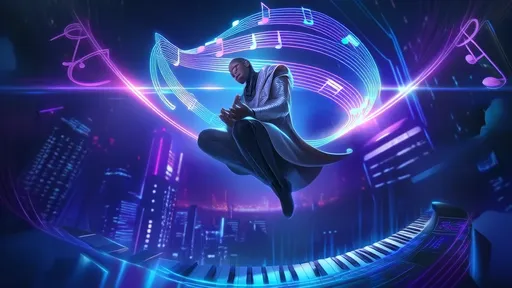
By /Aug 7, 2025
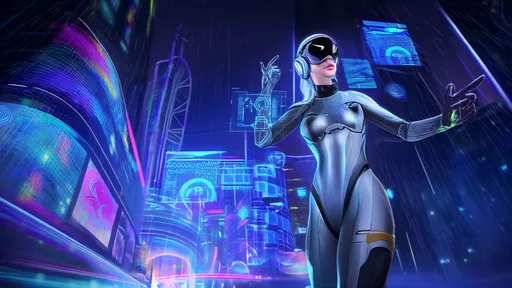
By /Aug 7, 2025
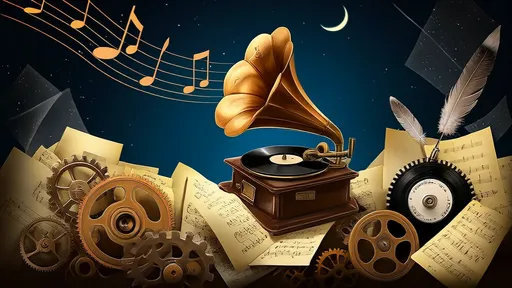
By /Aug 7, 2025
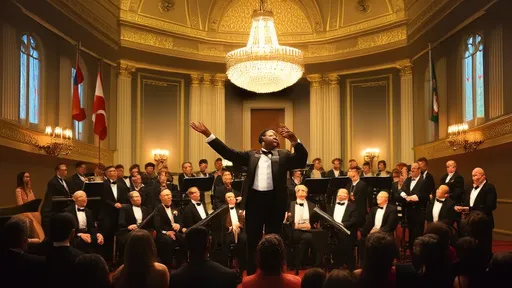
By /Aug 7, 2025

By /Aug 7, 2025
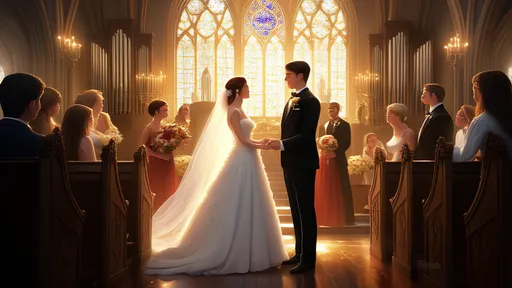
By /Aug 7, 2025
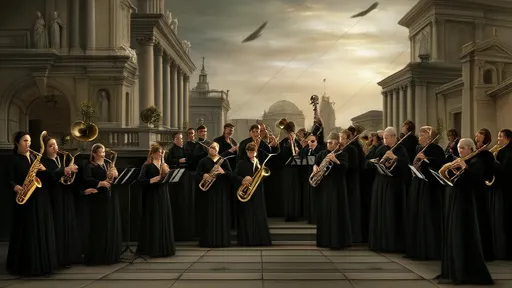
By /Aug 7, 2025
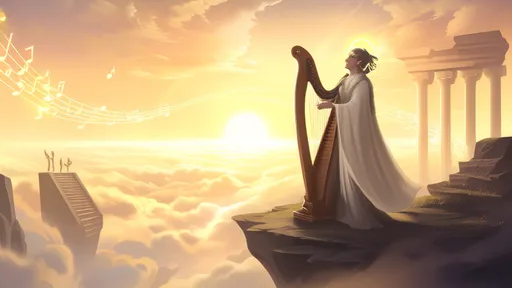
By /Aug 7, 2025
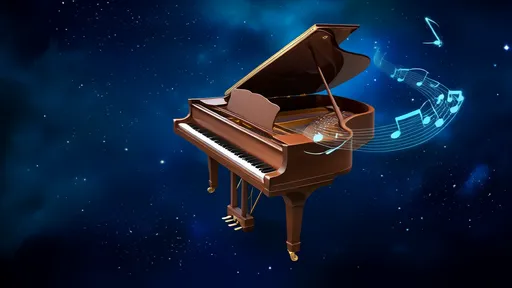
By /Aug 7, 2025
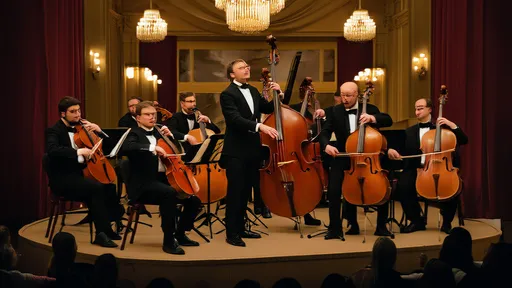
By /Aug 7, 2025

By /Aug 7, 2025

By /Aug 7, 2025
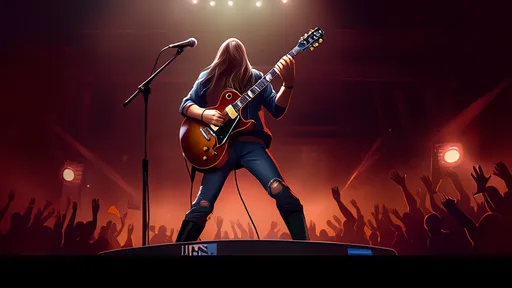
By /Aug 7, 2025
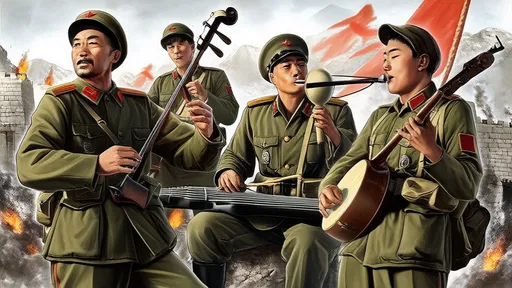
By /Aug 7, 2025
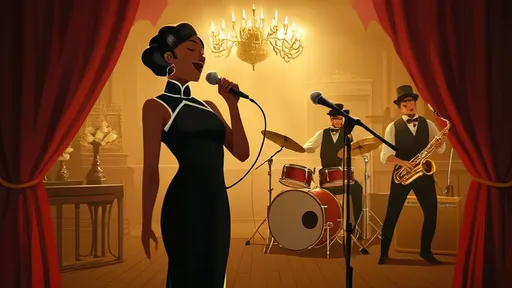
By /Aug 7, 2025
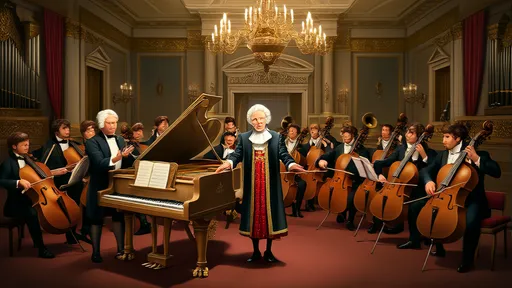
By /Aug 7, 2025
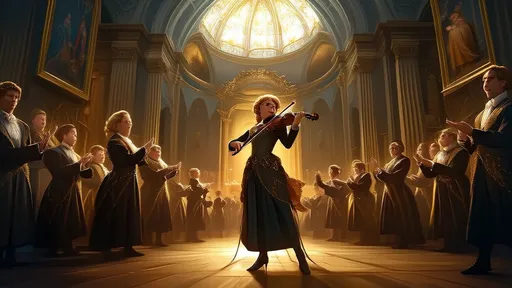
By /Aug 7, 2025
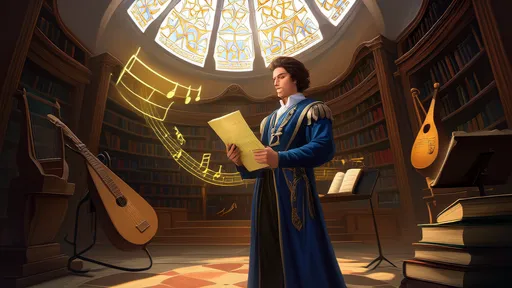
By /Aug 7, 2025
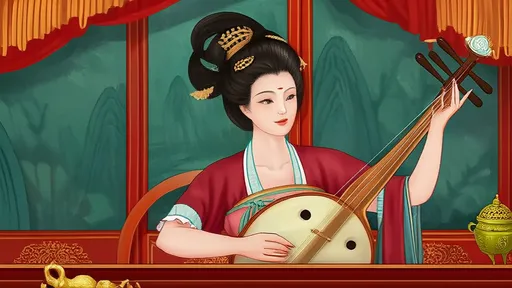
By /Aug 7, 2025
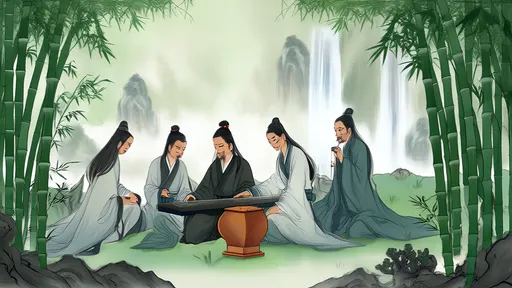
By /Aug 7, 2025